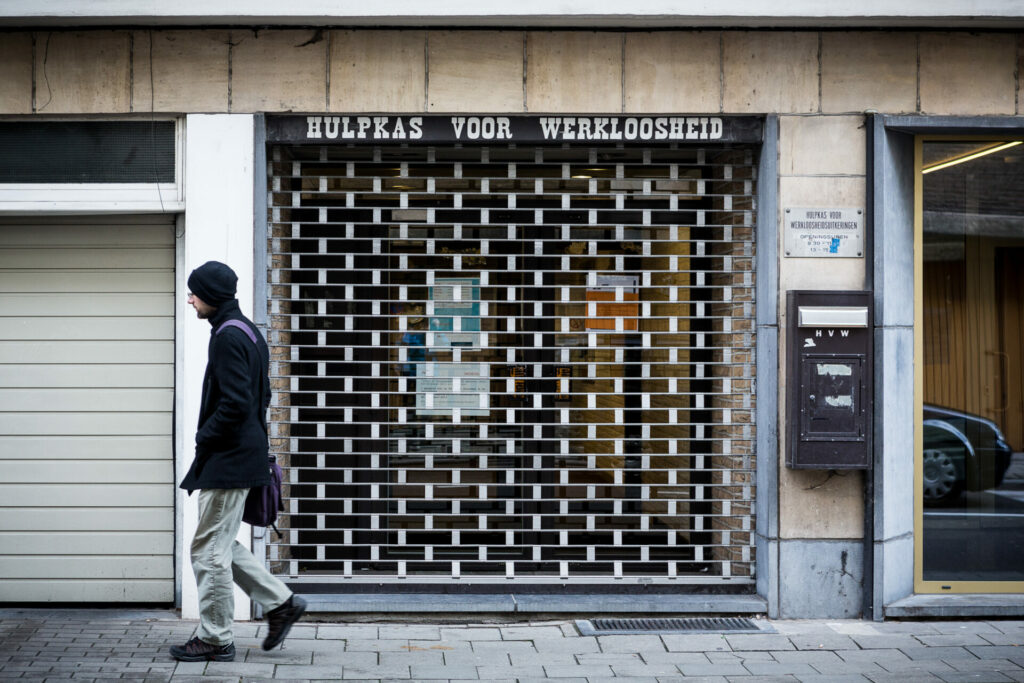For the first time, the Flemish Government will be paying out a so-called "work bonus" to those earning less than €2,500 gross per month. The aim is to make working more attractive than being on unemployed benefits and reach the 80% employment rate goal.
In some lower-paid jobs in Belgium, employees are paid so little for their work that their wage sometimes equates to the same amount as unemployed people on benefits are entitled to. To make working more attractive, Flemish Minister of Employment Jo Brouns is giving a bonus to those who are paid a smaller salary.
"'Sometimes the financial difference between unemployment benefits and a job is too small. With the job bonus, we want to encourage people to stay in work and to look for a job," Brouns said.
A recent study by the Organisation for Economic Co-operation and Development (OECD) showed that lowering social benefits over time to stimulate unemployed people to find jobs did not have any effect on lowering the unemployment levels. It is hoped that raising wages instead will encourage people to find work or remain employed by making it more financially beneficial.
Who is entitled to the bonus?
More than 730,000 employees earning less than €2,500 gross per month will receive the job bonus in Flanders. Together with Budget Minister Matthias Diependaele, Brouns laid out the requirements for who is entitled to the bonus.
As the salary increases, the job bonus amount will decrease. Those earning more than €2,500 every month will no longer be entitled to the bonus. The government uses data from the National Social Security Office to determine who is eligible for the bonus.
This announcement comes in light of unions calling for protections of purchasing power, which Diependaele said is important to the Flemish Government.
"With this proposal, we give up to €600 per year extra net wages to this category of earners. This boosts purchasing power while also motivating people to find jobs and stay in work," he said.
How will employees receive the bonus?
The first job bonus payment will be based on an employee's earnings and work performance in 2021, taking into account the salary for actual work, holiday pay and guaranteed salary in case of illness.
Related News
- Insufficient language knowledge most significant barrier to finding job in Belgium
- Workers can keep part of unemployment benefits if they switch trades or relocate
- Why 80,000 Brussels residents cannot find a job despite vacancies
Those who are entitled to the job bonus can register their account number through My Citizens Profile from Monday though will not have to apply for the bonus themselves. Instead they will receive a letter with the actual amount from the end of 2022 onwards.
People who live in Flanders but work in one of the EU Member States are also eligible for the job bonus under certain conditions. Those who believe they are eligible can submit an application for the job bonus via the digital desk of the WSE as of the end of 2022.
"The payment will also start before the end of this year," a statement from the ministers concluded.
"Job bonus plus"
A larger job bonus will be given to self-employed starters with a low income to encourage entrepreneurship from the end of 2022.
Employees with a gross monthly wage of €2,500 or less will receive a bonus of €600 when switching to self-employment.
This bonus can be claimed up to two times, first when registering as a self-employed entrepreneur, and once again if they are still active as an entrepreneur as a main occupation a year after starting. Some 12,000 starting entrepreneurs are expected to receive this bonus annually.

